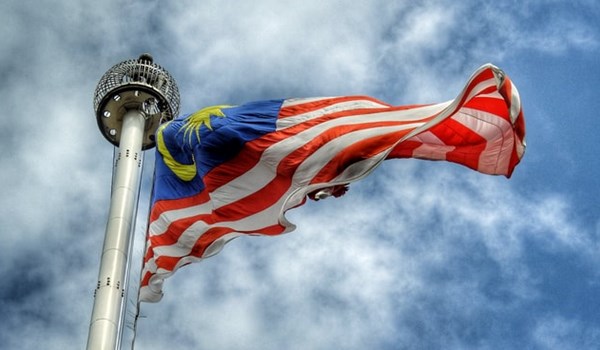HM Revenue & Customs (HMRC) has nearly doubled the amount paid out to people making tip offs about suspected tax evasion, according to data obtained by Price Bailey, the Top 30 firm of accountants.
According to data obtained under the Freedom of Information Act, HMRC paid out nearly £1 million (£978,256) to people who provided actionable intelligence on tax fraud in 2023/24, up from £508,500 the previous year. The amount paid out in 2023/24 is the highest in at least seven years.
HMRC received 151,763 anonymous tip offs via its fraud hotline channels in 2023/24, the second highest number in seven years and only slightly less than the 157,270 reports received in 2022/23.
Price Bailey says that the amounts paid out by HMRC to informants may need to be significantly increased if it is to make further inroads into reducing the £39.8 billion tax gap. The tax gap is the difference between the amount of tax that should, in theory, be paid to HMRC, and what is actually paid.
Andrew Park, Tax Investigations Partner at Price Bailey, comments: “While HMRC has paid out a record amount to tax whistleblowers, it is still a paltry sum when set against the billions lost to tax fraud every year.”
“HMRC is under increasing pressure to boost the amount of tax collected from compliance activity and it will be relying heavily on intelligence it can gather from taxpayers to do so. The modest size of the payouts and the lack of transparency about how the reward system operates do not provide sufficient incentive for taxpayers to come forward with high quality information.”
He adds: “It is likely that more people would come forward if they knew they would receive a major windfall. A transparent system in which the reward is proportionate to the amount of tax recovered would go a long way to encouraging big ticket tip offs.”
Amount paid out to tax whistleblowers over the last seven years
Price Bailey points out that the Inland Revenue Service (IRS), the US equivalent of HMRC, makes substantially more generous payments to whistleblowers who provide valuable intelligence on tax evasion. In the most recent financial year, the IRS paid a total of $89m to just 121 whistleblowers which led to the recovery of $338m in tax, equivalent to $735,537 per whistleblower.
Andrew Park says: “On average, US whistleblowers are paid just over a quarter of the tax their information enables the IRS to recover – which is a huge incentive to the reporting of major tax fraud where otherwise the informants might feel they had too much to lose.”
“The UK tax fraud hotline is opaque by comparison. Awards are paid out on a discretionary basis and are not geared to the amount of tax recovered, which means that there is little incentive for people to report major tax fraud. Many whistleblowers are employees of the business they are making reports about, and while whistleblowers are protected by law, employees are likely to baulk at the risk of losing their jobs for a relatively insignificant payout.”
He adds: “The length of time it takes to resolve tax disputes is a further disincentive to provide intelligence. The IRS has started to look at making partial payments where cases can be disaggregated. For example, if a fraud case involves several taxpayers, and one settles early. Anything HMRC can do to make its reporting system more accessible and transparent would be welcomed.”



